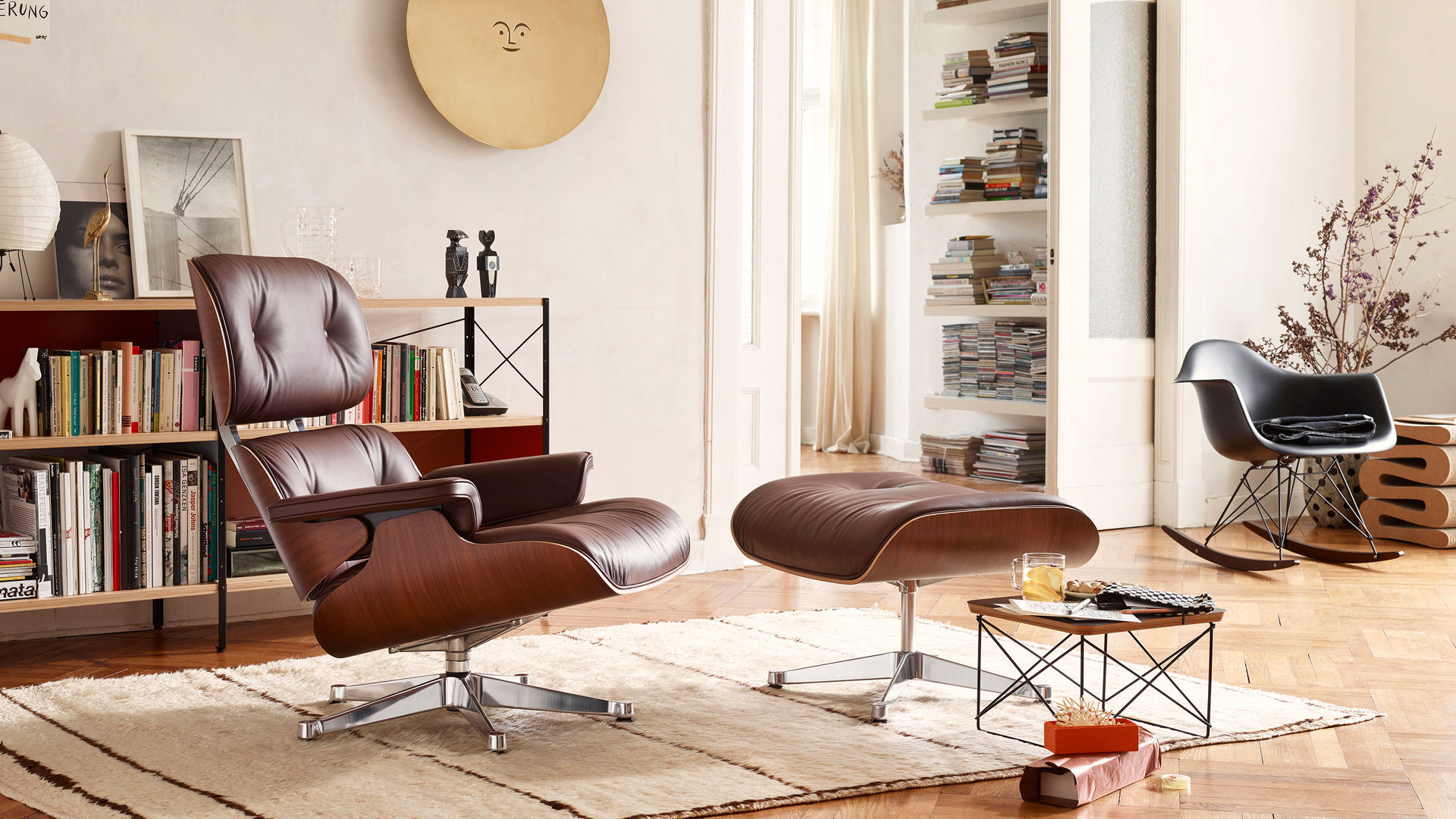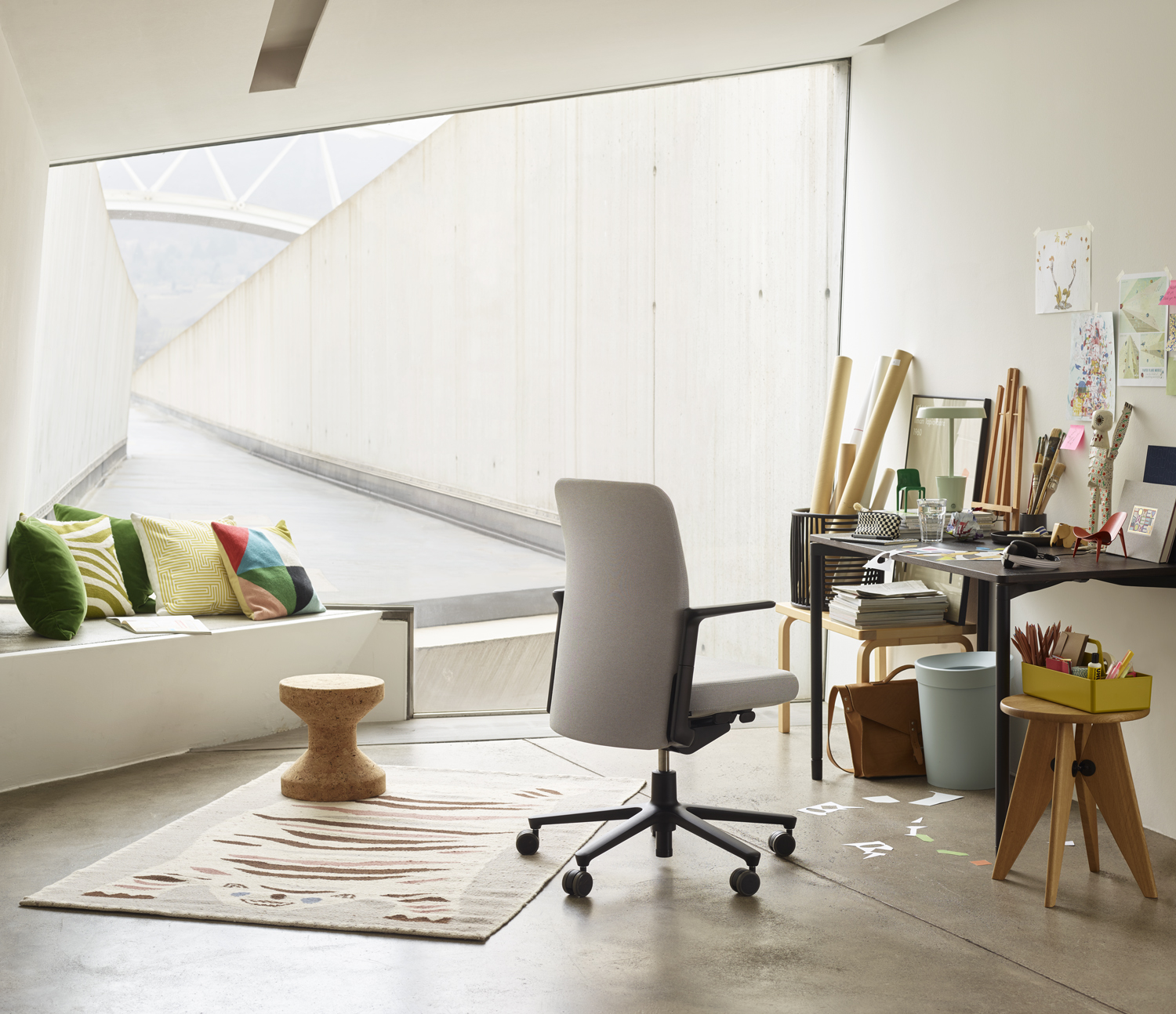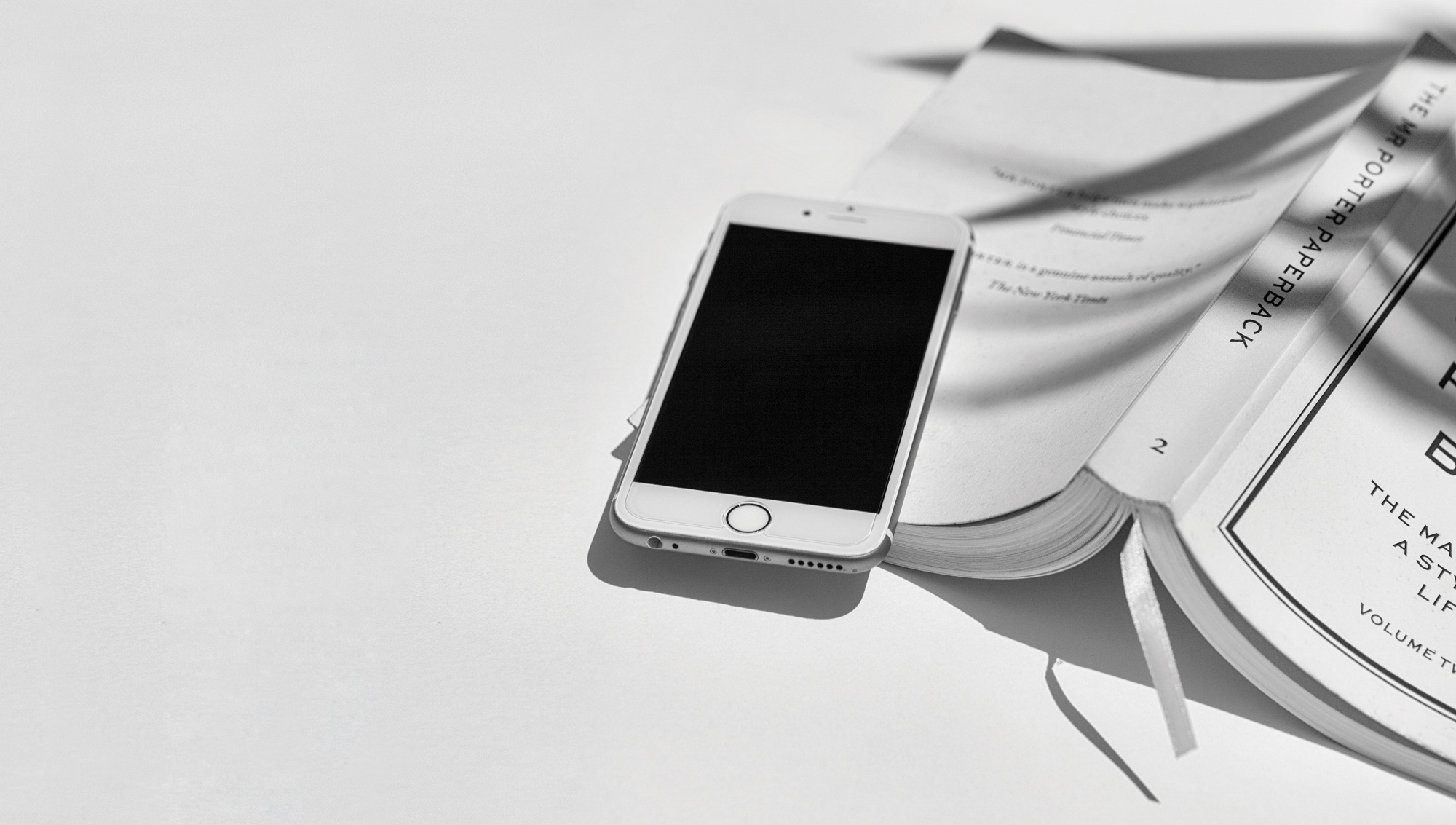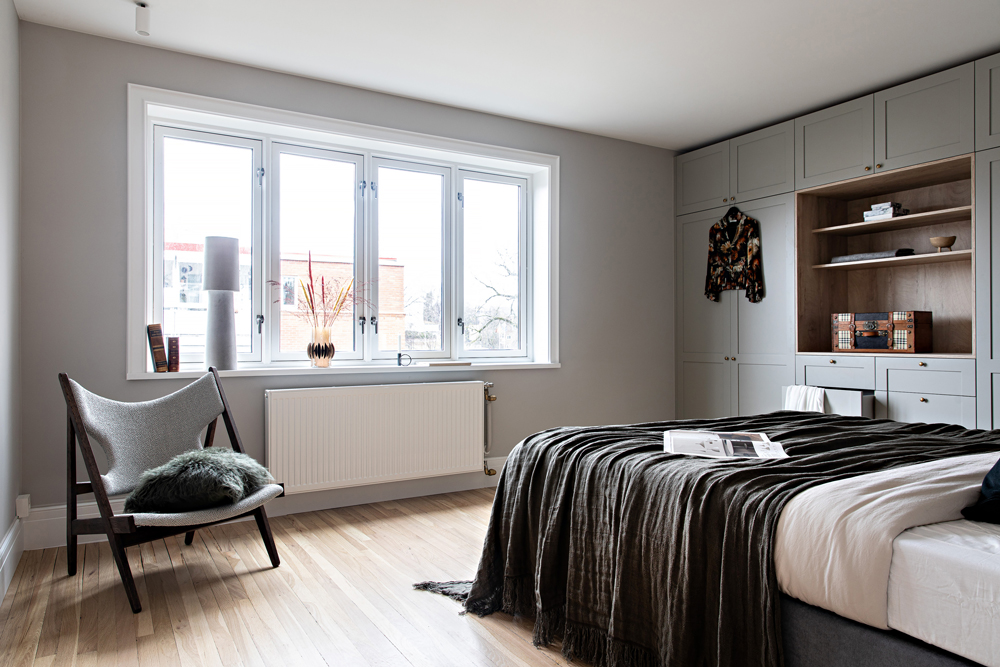Offline, our already fickle minds become bored faster with our monolithic environment. We have less variety of what to do and most of what we can, require a good amount of self-discipline. Alongside greater aspirations such as becoming a polyglot or advanced home chef, small mental challenges can give us a sense of accomplishment when overcome too. An editor shared his attempt at brushing his teeth with his left hand. I followed suit by using my phone with my left. Ambidexterity seems like a useful skill. Neurological agility aside, it seems like a small yet interesting enough endeavour.
Online, our digital idiosyncrasies have long been tracked and calculated by algorithms, perpetuating habits of mind as they suggest what we read, watch and buy. Apart from cyber ennui, recommender systems further polarization of social, political and cultural ideas because they contain us in our ideological bubbles—directing us to consume content that aligns with our historical preferences. Form a new habit by looking for content that contradicts your internet history, then break it by conducting the same exercise on its oppositions. This subjects us to a deeper understanding of dissimilar perspectives.
It takes 21 days to form a habit and another (or in experience, less) to break it. Amidst the stagnation of lockdown, these trivial goals offer a consoling sense of progress without fatigue. Meanwhile, mercurial online behaviour broadens our spectrums of thought.





